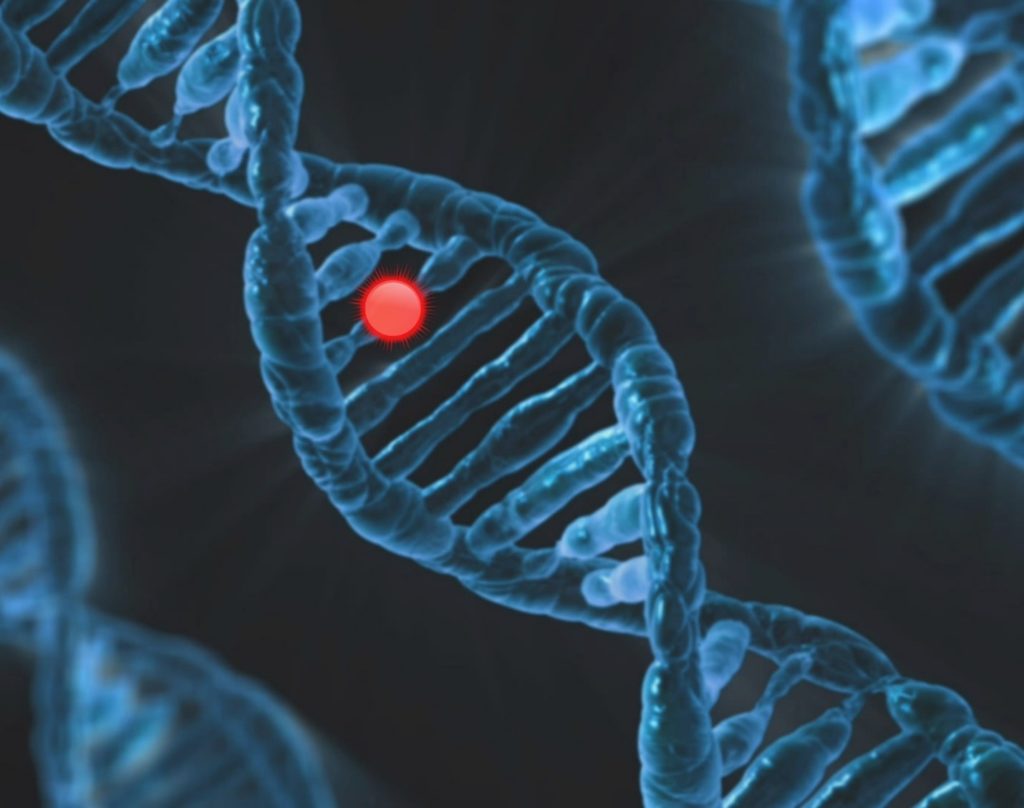CancerVar will help researchers standardize and automate clinical interpretations for 13 million somatic mutations from 1,911 cancer census genes.
Approximately 75 to 80 percent of cancer cases arise from somatic variants and cancers that occur this way are also called sporadic cancers. The gene mutations that cause sporadic cancer occur only in the tumor cells and are acquired during an individual’s life, not inherited. Millions of somatic cancer variants have been identified due to precision medicine and next-generation sequencing (NGS).
What is CancerVar?
On Saturday, researchers at the Children’s Hospital of Philadelphia (CHOP) have announced that they developed and launched a new bioinformatics software tool called CancerVar (cancer variant interpretation). This software is implemented in Python and has a user-friendly web server.
CancerVar will help researchers standardize and automate clinical interpretations for 13 million somatic mutations from 1,911 cancer census genes. To do so, CancerVar combines clinical guidelines with improved artificial intelligence (AI) to predict the oncogenicity of a variant.
A research article detailing CancerVar was published on Friday in Science Advances.
“CancerVar documents and harmonizes various types of clinical evidence including drug information, publications and pathways for somatic mutations in detail. By providing standardized, reproducible and precise output for interpreting somatic variants, CancerVar can help researchers and clinicians prioritize mutations of concern,” said the corresponding author of the study Kai Wang, PhD, Professor of Pathology and Laboratory Medicine at CHOP in the press release.
XTALKS WEBINAR: Harnessing Artificial Intelligence for Higher Quality Data in Preclinical Trials and Translational Research
Live and On-Demand: Monday, June 13, 2022, at 12pm EDT (9am PDT)
Register for this free webinar to hear case studies with large pharmaceutical and biotechnology clients, discover ways to harness artificial intelligence for higher quality data in preclinical trials and translational research and discuss how deep learning augments workflows, providing quantifiable benefits from CRO to client.
Why Was CancerVar Developed?
Researchers have created a few databases to catalogue the somatic cancer variants that have been identified. These databases include the Catalogue Of Somatic Mutations In Cancer (COSMIC), Clinical Interpretation of Variants in Cancer (CIViC) and the Memorial Sloan Kettering Cancer Center’s Oncology Knowledge (OncoKB). These databases improve the understanding of the impact of mutations on the clinical course of the disease. However, these databases do not provide standardized interpretations of somatic cancer variants.
To solve this issue, in 2017 the Association for Molecular Pathology (AMP), American Society of Clinical Oncology (ASCO) and College of American Pathologists (CAP) laid out guidelines for understanding, reporting and scoring of somatic variants. The AMP/ASCO/CAP 2017 guidelines categorized somatic variants into a four-tiered system: strong clinical significance (tier I), potential clinical significance (tier II), unknown clinical significance (tier III) and benign or likely benign (tier IV).
But this classification scheme from 2017 did not detail how to employ these standards. As a result, different databases were giving different results, hence the CHOP researchers decided to develop CancerVar to solve this problem.
“Somatic variant classification and interpretation are the most time-consuming steps of tumor genomic profiling,” said the co-author of the study Marilyn M. Li, MD, Professor of Pathology and Laboratory Medicine, Director of Cancer Genomic Diagnostics. “CancerVar provides a powerful tool that automates these two critical steps. Clinical implementation of this tool will significantly improve test turnaround time and performance consistency, making the tests more impactful and affordable to all pediatric cancer patients.”
The Value of CancerVar for Clinical Interpretation of Cancer Somatic Variants
The advantage of CancerVar compared to human interpretation is that the CancerVar web server can automatically produce text with a descriptive summary of clinical interpretations. These interpretations can include diagnostic, prognostic, therapeutic and clinical trial information for numerous mutations. In addition, CancerVar helps generate reproducible and precise clinical interpretations.
CancerVar users can query the clinical interpretations of somatic variants using the chromosome position, complementary DNA (cDNA) change or protein change. Users can also alter the weights of scoring features based on their prior knowledge or other criteria.
“CancerVar will not replace human interpretation in a clinical setting, but it will significantly reduce the manual work of human reviewers in classifying variants identified through sequencing and drafting clinical reports in the practice of precision oncology,” said Wang.
“This tool shows how we can use computational tools to automate human generated guidelines, and also how machine learning can guide decision making,” added Wang. “Future research should explore applying this framework to other areas of pathology as well.”










Join or login to leave a comment
JOIN LOGIN